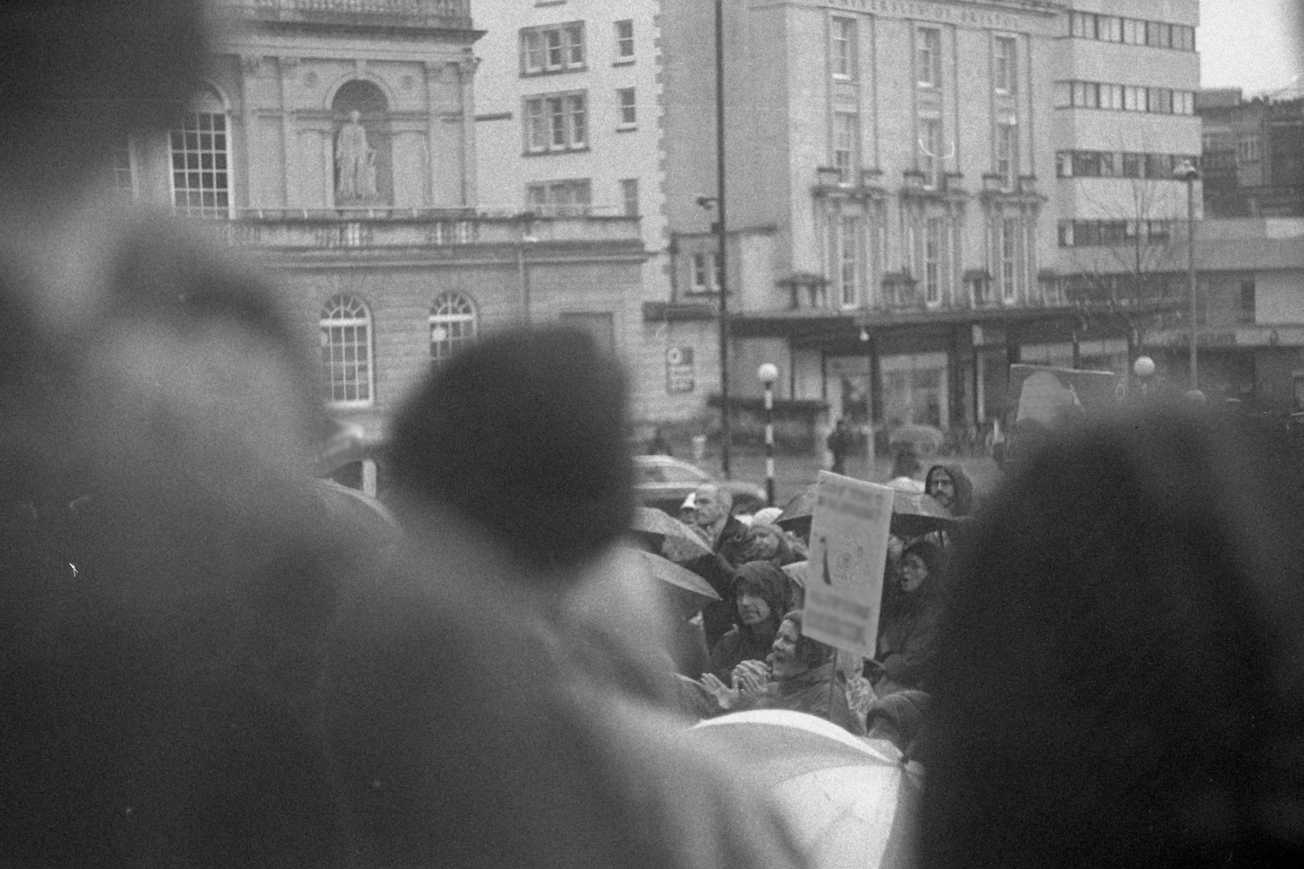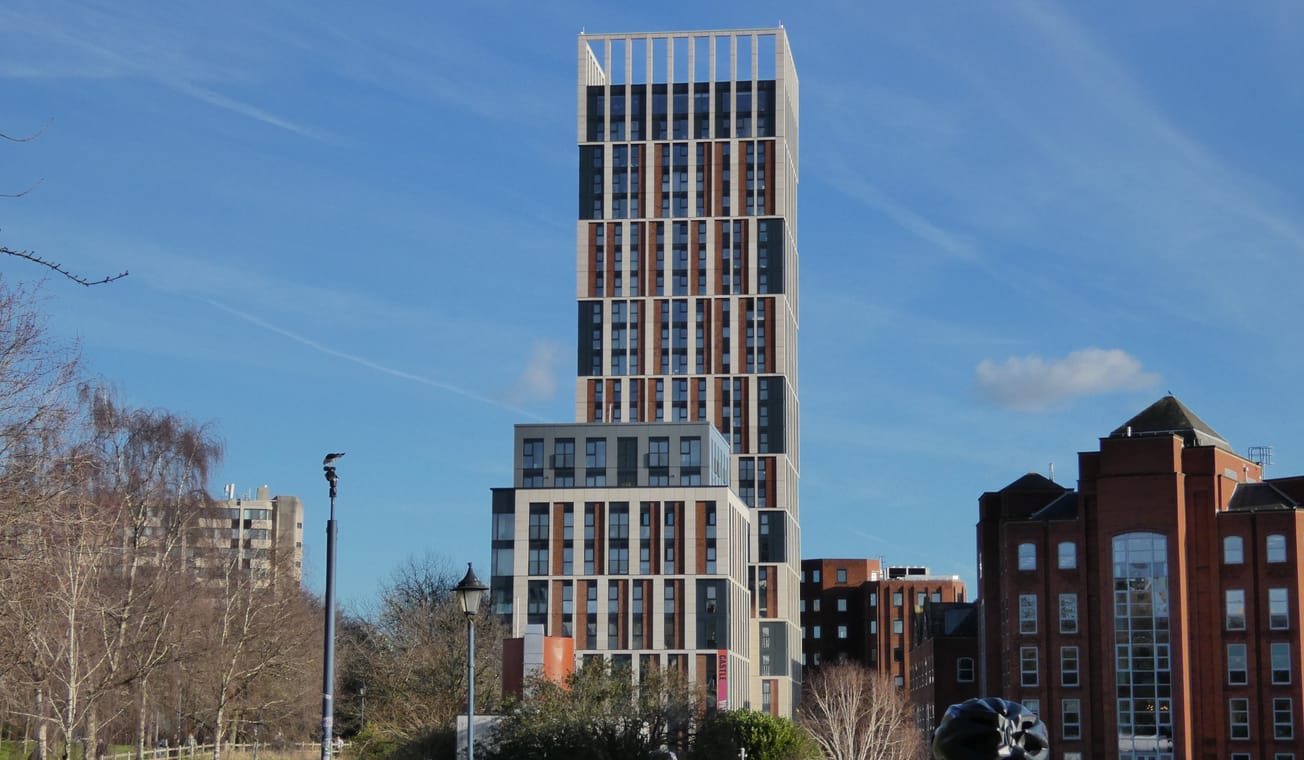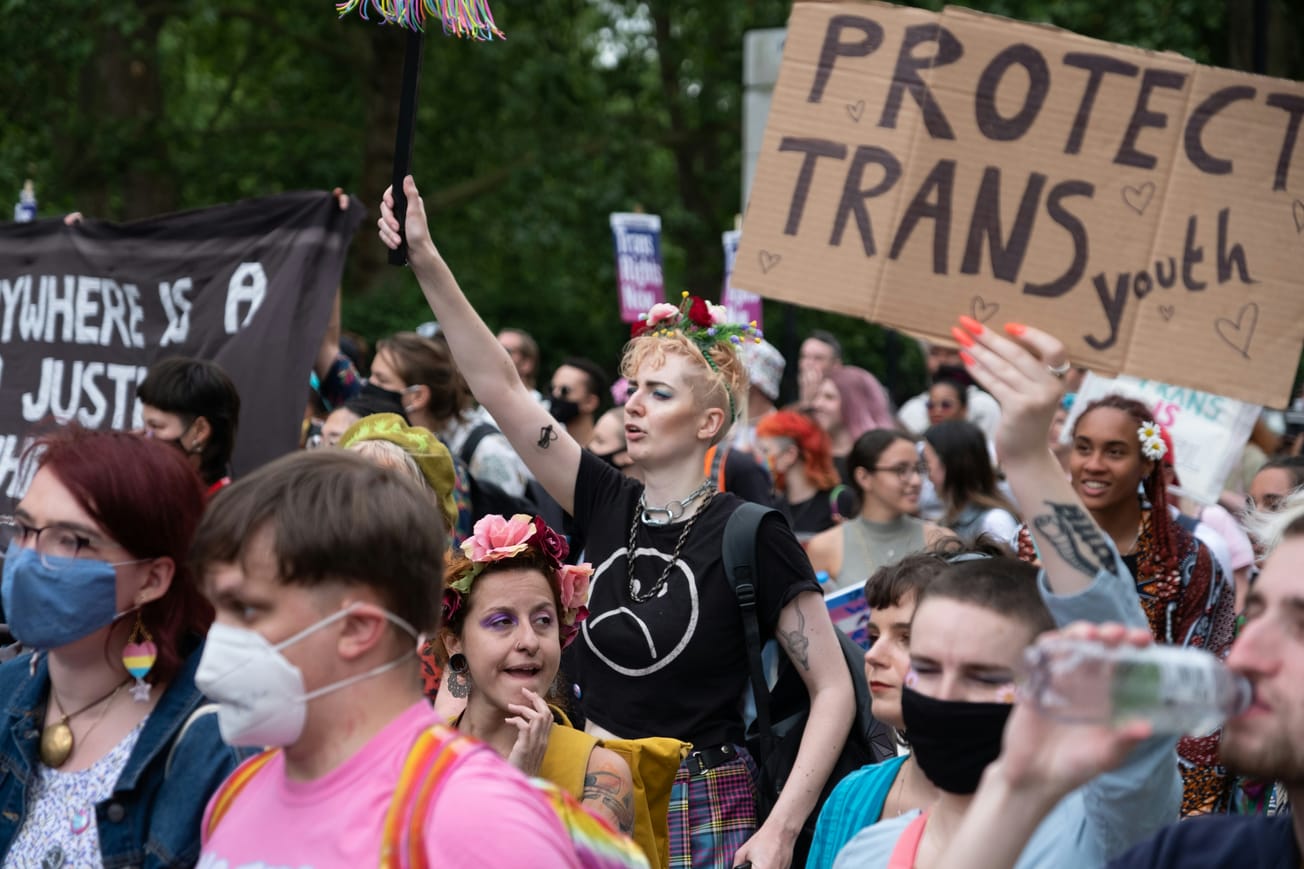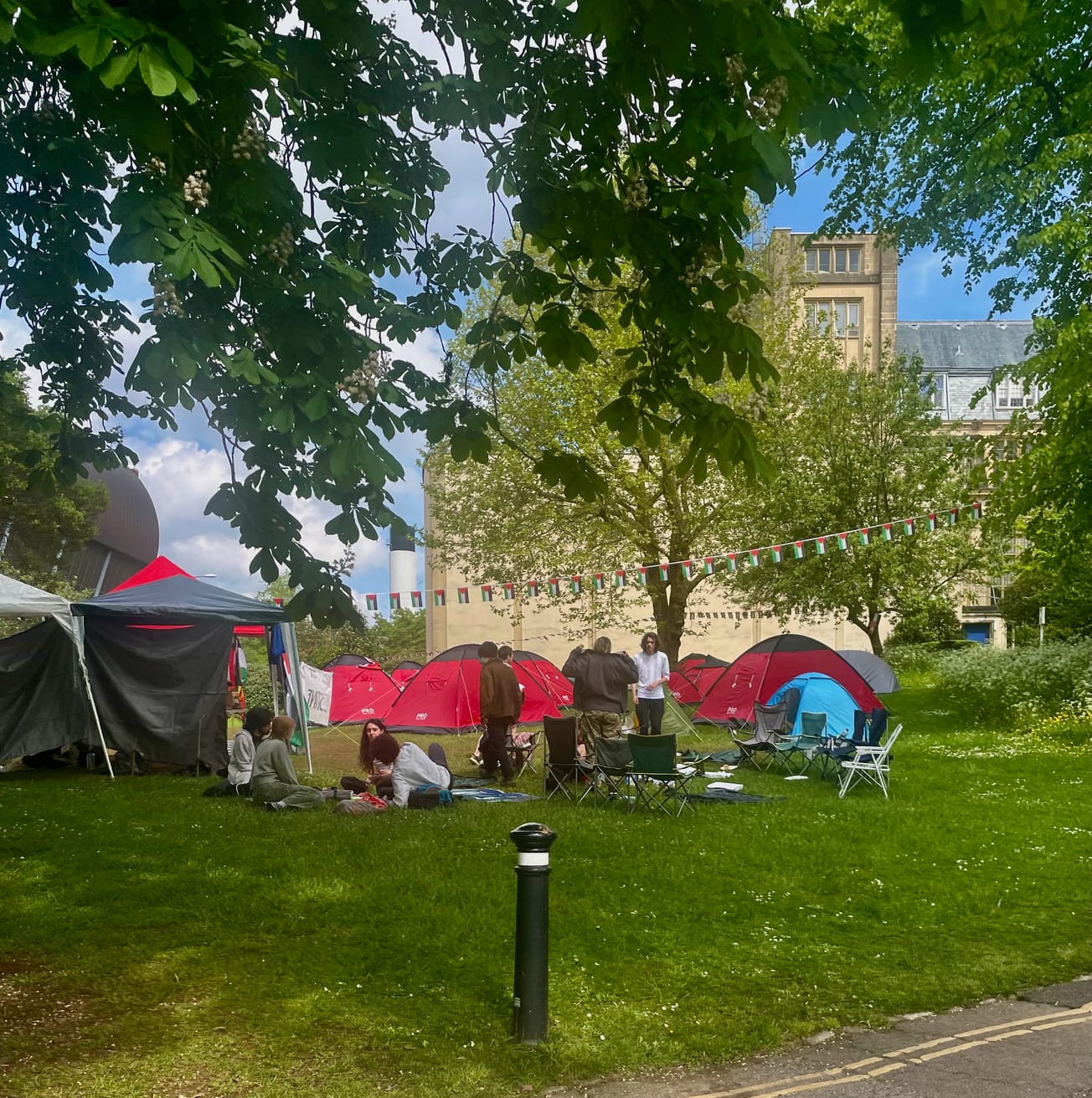By Robin Connolly, Co-Editor-in-Chief
In October of last year, three members of the Bristol Free Speech Society – Harry Walker, Ben Sewell and Izzy Posen – were approached to form part of a Free Speech Youth Advisory Board. Two months later, both Harry and Ben withdrew from the initiative, claiming it had been ‘astroturfed’ by the Free Speech Union (FSU), which is led by Toby Young. Speaking to Epigram, the trio offered their differing perspectives on the program’s management and objectives.
It was the issues relating to transparency, management and the nature of conversation and discussion that forced Harry Walker and Ben Sewell, along with another member of the group, to outline their concerns in an email to the facilitators of the Free Speech Youth Advisory Board, claiming they felt it had been ‘astroturfed’ by the FSU.
Astroturfing is a practice whereby external bodies mask their involvement within groups which claim to be grassroots in nature. These sorts of campaigns attempt to convince audiences that their beliefs and opinions are held by a majority in order to create a ‘bandwagon’ effect.
Walker and Sewell felt their initial excitement for the project, which they expected to be a ‘grassroots movement’ in favour of positive attitudes towards free speech at universities, had been tainted by decisions relating to the group’s name and ‘belligerent’ attitude towards the culture wars – decisions they felt had been made despite the advice of the young people within the group.
While they had been made aware of the financial sponsorship of both the FSU and another charity, The Battle of Ideas, in the first group meeting of the board, the members who left said they felt the extent of the affiliations had been downplayed.
An announcement of the group, under the name ‘Free Speech Champions’, made by Toby Young on the Darren Grimes podcast in November, two months before the program’s planned launch, proved to be the turning point for Sewell and was when he realised how entrenched the organisation’s influence was.
Speaking to Epigram, Sewell said ‘the reason I left was because I personally didn’t feel I’d been treated with the kind of respect I deserve. I think that I had been misled.’
He spoke of the lack of ‘professionalism’ shown by Young in the announcement on the Grimes podcast – ‘it’s either the fact that the FSU has far more influence over the project than we thought, or he [Toby Young] has lied about the influence that the FSU have over it and tried to claim it for himself. Either way, it’s not good.’
Furthermore, this was a name – Free Speech Champions – that hadn’t been agreed on as democratically as some members of the group had expected. A shared Google document was set up for people to share their ideas and suggestions for the name, yet, when it was announced by Young, the name was one that ‘We hadn’t heard before,’ according to Sewell.
Disappointing that on the day some of the most powerful companies in the world decide to censor anyone who dissents from prevailing orthodoxies, the Guardian launches another attack on the Free Speech Union. When will the paper realise everyone stands to lose from this attack?
— The Free Speech Union (@SpeechUnion) January 9, 2021
However, Izzy Posen, original founder of the Free Speech Society, who has remained a member of the Youth Advisory Board, had a different take on what happened.
‘The Battle of Ideas and the Free Speech Union are co-sponsoring this project and this has been made clear to all participants from the very start. We’re proud and grateful to be working collaboratively with these organisations,’ Posen told Epigram.
‘Most of those involved in this project are very happy with it and with the direction that it is taking,’ Posen added. ‘We are a group of passionate young people, from diverse backgrounds and diverse views on all kinds of issues, but we’re united on our commitment to freedom of speech.’
In conversation, it was clear both Walker and Sewell agree with Posen on the nature and make-up of the group itself – both sang its praises in terms of the diversity in the backgrounds of the members, which include students from all over the world, of different economic backgrounds and from across the political spectrum.
For them, it was not the students and young people themselves, but the external decisions made on behalf of the group that they felt limited the effectiveness of its debates.
Walker explained that, ‘I think this tendency of astroturfing organisations at universities and in education is really worrying for free speech, for open and honest discussion.
‘I think it’s one thing for a right-wing organisation to start up and have a free discussion, that’s absolutely fine – no problem with that. The problem is an outside group of people, who are not students, coming in with a specific aim of starting a group pushing students to discuss topics that benefit them.’
He continued, ‘I think it is hugely problematic when you are influencing people, without being honest about it, to make these discussions happen inorganically.’
Walker went on to explain he felt this would be the same of organisations on either side of the political spectrum and that he would have responded the same if the Free Speech Youth Advisory Board had been ‘astroturfed’ by organisations on the left.
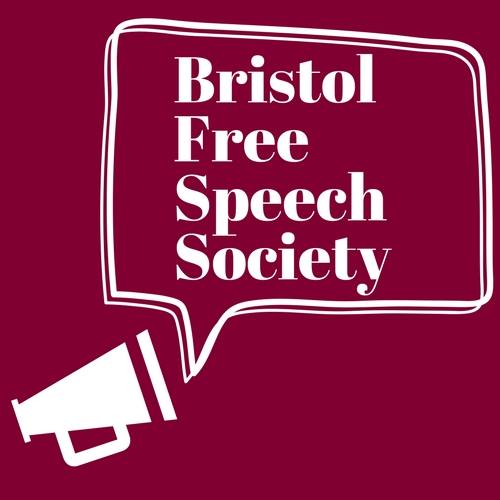
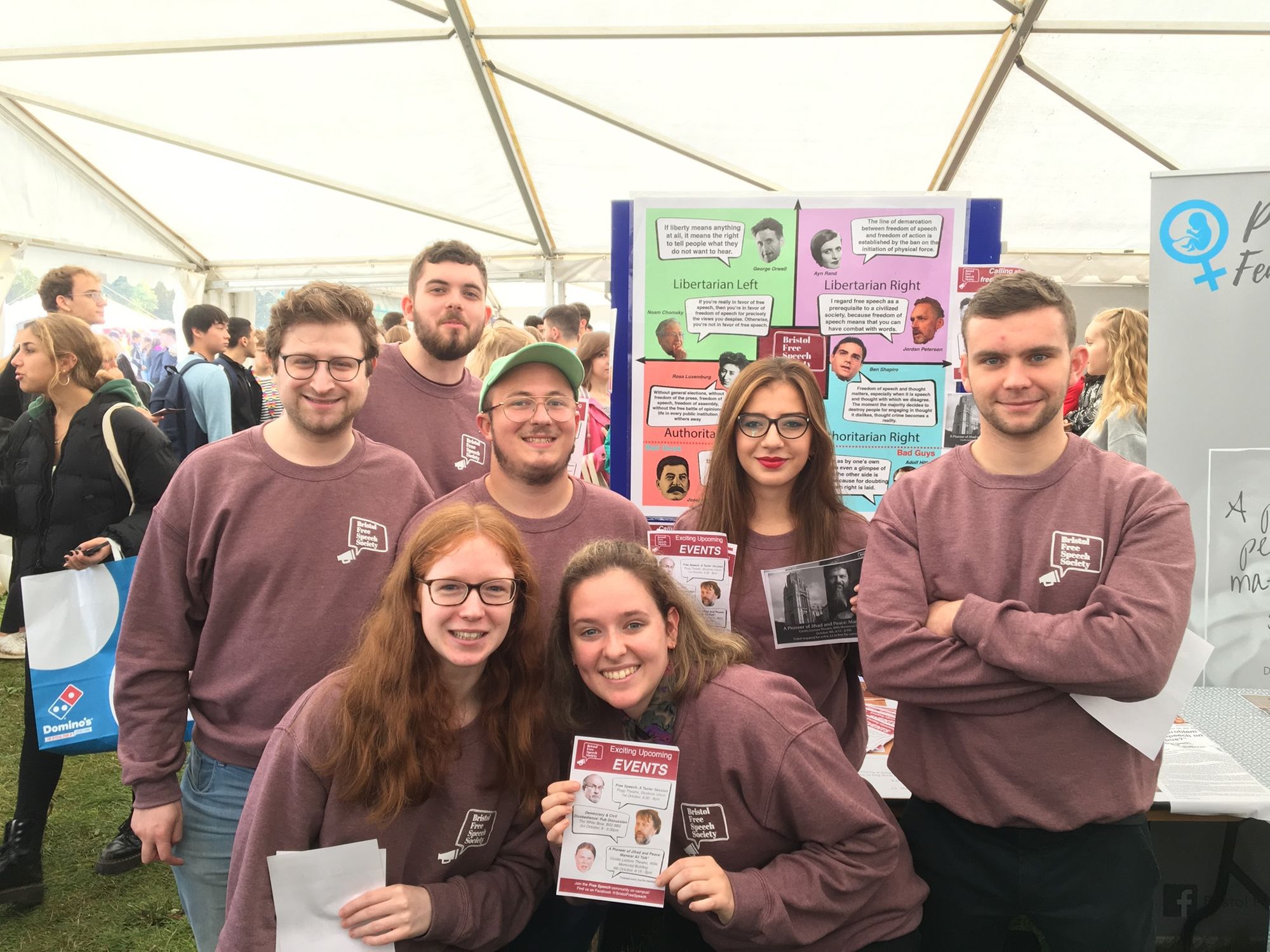
University campuses have long been a battleground over free speech, with Bristol’s own campus being particularly prominent in this, having made national headlines on multiple occasions over the platforming of controversial speakers. More recently, this has culminated in Bristol’s Free Speech Society disassociating from their Facebook discussion page due to personal attacks and insults that had been posted on it.
Free speech and debates around it are ever-present and relevant on student campuses. Over the summer, the University and College Union (UCU) accused the Conservative Party of attempting to force political objectives through the pandemic, as Gavin Williamson stated that Universities would have to ‘demonstrate commitment’ to free speech if they required financial bailouts due to the repercussions many are facing because of COVID-19
It is clear The Free Speech Youth Advisory Board, under whatever name it ends up being launched, has ruffled more than a few feathers. Sewell and Walker were just two of a group of six who ended up walking away from the project due to personal disagreements with its direction.
However, almost two thirds of the board have remained involved, making it clear the decision to leave remained one amongst a significant minority.
In a parting thought, Sewell made clear he wanted people to be able to make their own decision about the program, that ‘They should have the freedom to interact with it with as much knowledge as can be made available to them.’
He hopes people will ‘take what we’ve taken away from the project as a bit of information and advice so they have a better idea of what getting involved might look like.’
In the meantime, Walker made clear that the Bristol Free Speech society does, and will continue to, provide a grassroots approach to free speech and discussion on campus – this academic year, they’ve held conversations on freedom of speech in drug science, on art and freedom of expression and on China’s oppression of the Uighurs. For those interested in getting involved, please see their page on the SU website, HERE.
Toby Young and the Free Speech Union have both been contacted for comment.
Featured: Epigram / Siavash Minoukadeh
What are your thoughts on the experiences of these students?

